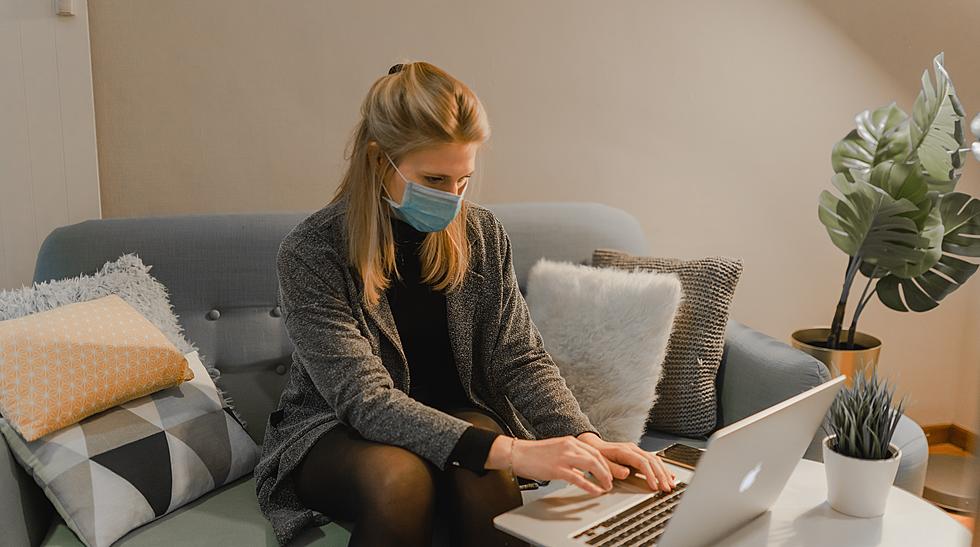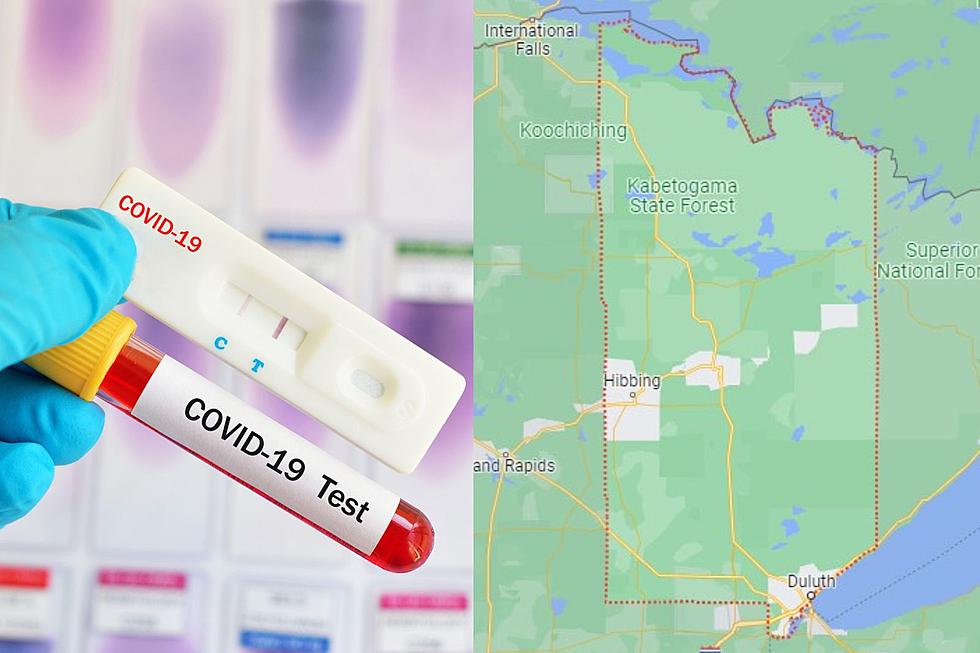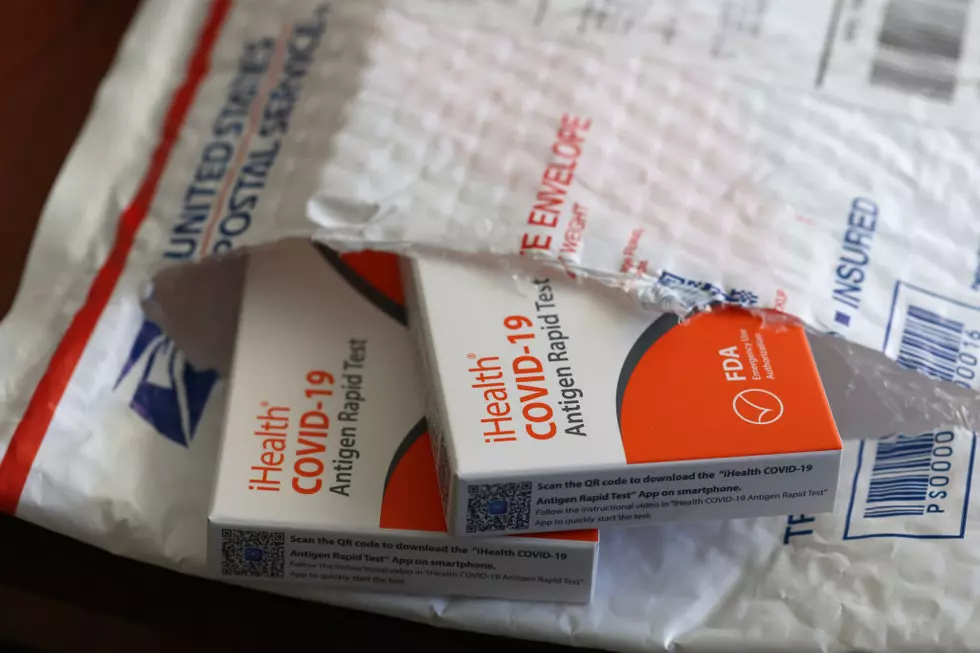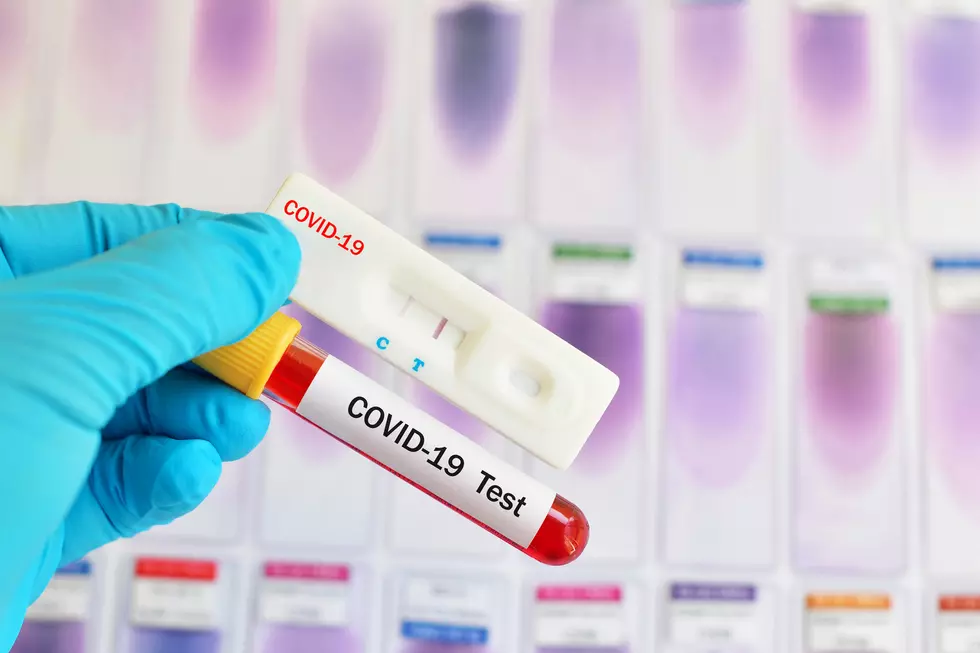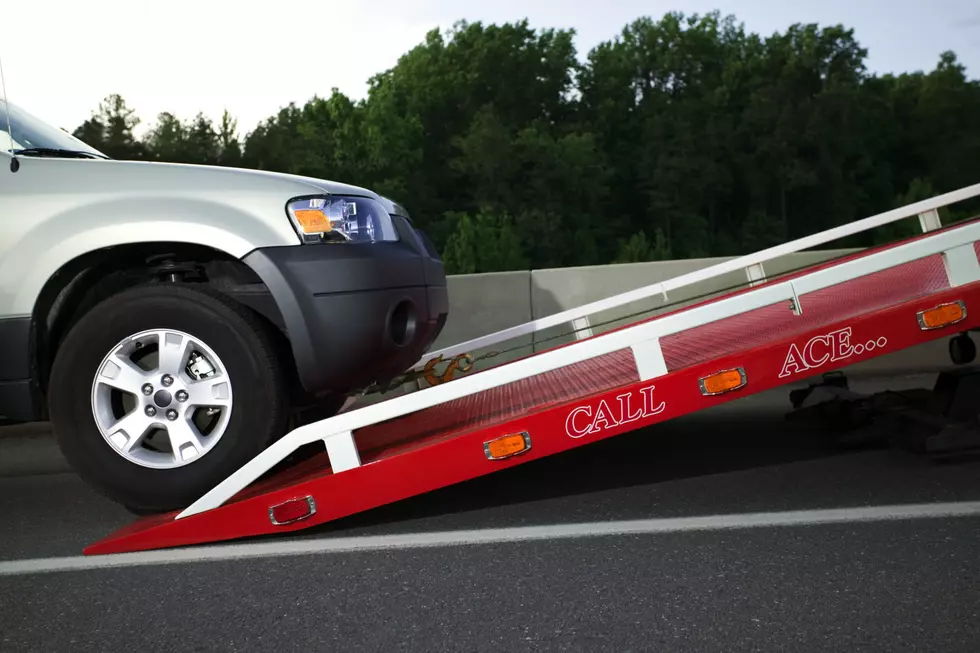
2021 Will Be A Big Year For Car Repo’s
If there's one lingering holdover of 2020 into 2021 - it'll be the expected large number of car repossessions that are expected by experts in the auto industry. Lending firms and observers of the car industry anticipate that 2021 will see the largest number of car repossessions ever as many struggle to make their car payments.
The problem experts say is that while there has been plenty of help financially for Americans in other ways (unemployment, stimulus money, mortgage harboring), there hasn't been any relief - or leeway - officially provided when it comes to vehicle loans. According to news sources, that means that "many who are unable to keep pace with their payments are potentially exposed to reduced credit scores - or worse - having their cars towed away".
For the most part, those who make their living in the repossession industry have had a slow last half of 2020. Les McCook - Executive Director of the American Recovery Association - says that "there's no one in today's business environment that's operating at 100%. Most are in the 50% to 60% range". That downfall in business has been brought on by lenders who have been willing to work with vehicle owners up until now. That trend is expected to change, though as the pandemic rolls on and relief packages continue to ignore vehicle loans.

According to Robert Murphy - a consumer lawyer and University of Florida law school faculty member, "tighter credit and more repos may be in store over the long term". Murphy says:
"People are becoming really desperate. Longer term, I am really concerned - depending on stimulus, this could get a lot worse. I think there is a likelihood we are going to see higher repossessions and a tightening in credit availability which has real implications."
While they may see their docket-list bigger in 2021, the cost of doing business is also rising for those in the repossession industry. Repo truck owners have had to make sizeable investments in personal protective gear for their employees, not to mention the increased costs of cleaning the vehicles that they have repossessed to meet COVID-19 protocols.
CHECK IT OUT: 10 Items Might Be in Short Supply This Winter
More From KOOL 101.7
